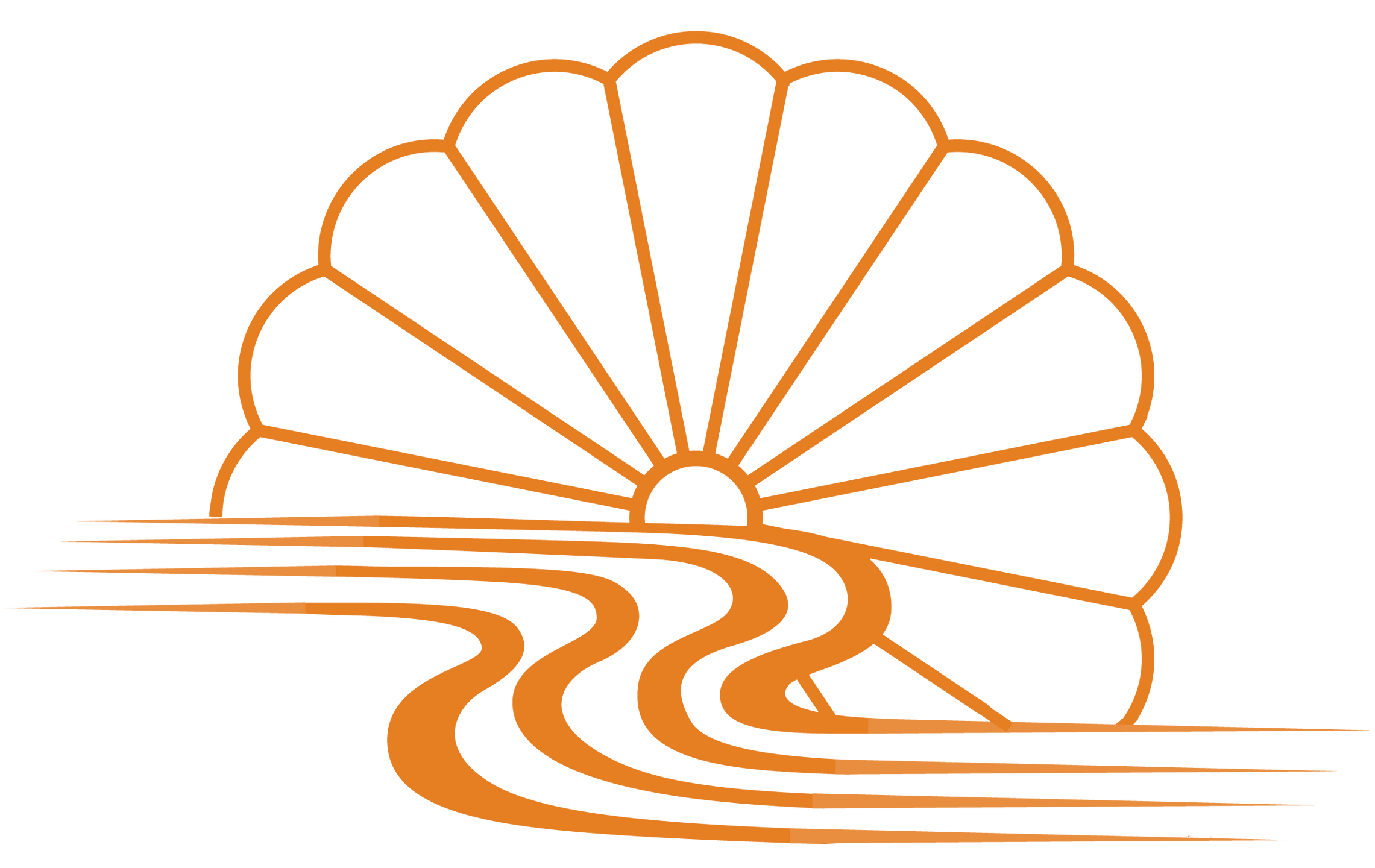
TRADITIONS
Our curriculum is drawn from six classical military traditions that include such proficiencies as close quarter grappling and striking, edged weaponry, pole arms, baton, arresting, restraint and unorthodox weaponry.
自然流
Jinen Ryū Jissen Kobudō
Training Characteristic: Sword, Two Sword, Weighted Chain, Truncheon, Knife, Iron Fan. The Jinen Ryū was founded by Retired Lieutenant Colonel Fumio Manaka (Unsui Sensei), to teach the fundamentals of classical Japanese fighting arts that he has gathered over 50 years of life study.
Unsui Sensei’s dedication to the preservation of the individual Ryū-ha is illustrated in the Jinen Ryū Kobudō. The Ryū-ha are very complex and it must be understood that basic comprehension of taijutsu and weaponry fundamentals must be in place before progressing onto the traditions.
One could spend their life studying the immense amount of techniques and principles Unsui Sensei has recorded within the Jinen Ryū, but without solid fundamentals, advancement in the individual lineages would be unrealistic.

九鬼神伝流八法秘剣術
Kukishinden Ryū Happo Bikenjutsu
Training Characteristic: Unarmed fighting, sword, short sword, halberd, spear, staff, stick and truncheon. Unarmed kata involve the study of movement while under the stress of wearing load bearing equipment (armor). Training is historically specific to the technique employed by the Samurai related to this lineage.
Morihei Ueshiba, the founder of Aikido was a student of Kukishin Ryū and the jojutsu of Aikido was heavily influenced by this lineage.Unsui Sensei’s dedication to the preservation of the individual Ryū-ha is illustrated in the Jinen Ryū Kobudō. The Ryū-ha are very complex and it must be understood that basic comprehension of taijutsu and weaponry fundamentals must be in place before progressing onto the traditions.
One could spend their life studying the immense amount of techniques and principles Unsui Sensei has recorded within the Jinen Ryū, but without solid fundamentals, advancement in the individual lineages would be unrealistic.

高木揚心流
Takagi Yoshin Ryū Jutaijutsu
Training Characteristic: Unarmed fighting. Founded by Takagi Oriemon Shigetoshi (born 1635), or his student Takagi Umanosuke, the techniques employed primarily concentrate on subduing an opponent in close quarter engagement and restraining them.
The Takagi Yoshin Ryū has a history of use in Japanese security enforcement and this is clearly evident when the techniques are witnessed. It is also connected with Kukishin Ryū (founded by Ōkuni Kihei Shigenobu, who was also the 4th sōke of Takagi Ryū).

玉虎流骨指術
Gyokko Ryū Koshijutsu
Training Characteristic: Unarmed fighting. Cho Gyokko brought the school to Japan from China during the Tang Dynasty and it was handed down from generation to generation. Sakagami Taro Kunishige organized Gyokko Ryū shitojutsu. In the Tenmon period (1532 – 1550), he taught it to Sakyo Isshinsai who created Gyokko Ryū kosshijutsu.

虎倒流骨法術
Kotō Ryū Koppōjutsu
Training Characteristic: Unarmed fighting. Kotō Ryū Koppōjutsu is an offensive system of close quarter fighting, where the operator uses linear attacks and responses to disrupt/destroy the opponent’s structural foundation. It shares the same history as Gyokko Ryū.

戸隠流忍法
Togakure Ryū Ninpō
Training Characteristic: Unarmed fighting/escape methods, sword, projectiles, sickle-chain, unorthodox weaponry, wilderness/environmental adaptation, combat swimming. The Togakure Ryū employs highly unconventional techniques of escape, evasion and intelligence gath

神傳不動流
Shindenfudō Ryū Dakentaijutsu / Jutaijutsu
Training Characteristic: Unarmed fighting. Shinden Fudo means “immovable teachings transmitted by the gods.” This tradition has many body conditioning methods using items found in nature. The forms and characteristic movements are illustrated in the tradition’s relaxed, compliant nature. The Ryū may have been founded in the middle of the 12th century by Genpachiro Temeyoshi according to some.
DOJO ARTICLES & INSPIRATIONS
Reflections on Kobudo training and lifestyle, written and shared by Adam Mitchell.

SUBSCRIBE TO THE DOJO MONTHLY NEWSLETTER
Get updates on our training and events at the beginning of each month.
We respect your privacy, and your information will not be shared.
CONTACT OUR DOJO
Yasuragi Dojo
571 Route 6
Mahopac, NY 10541
Phone or Text: 914-621-7762
Email: [email protected]
GOOGLE MAPCONNECT WITH OUR DOJO
STUDENT RESOURCES
Dojo Schedule
Dojo Store
流派 Ryu-ha
体術 Taijutsu
剣術 Kenjutsu
武器術 Bukijutsu







